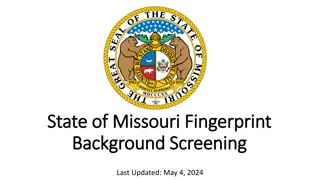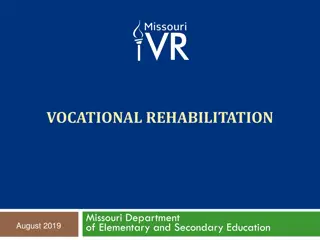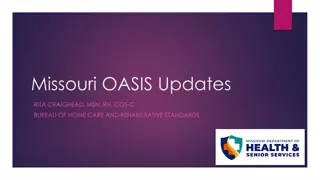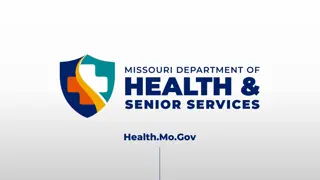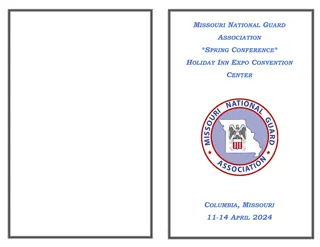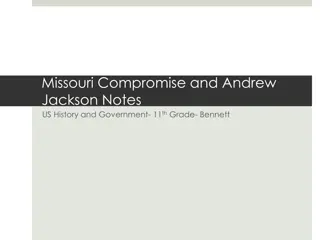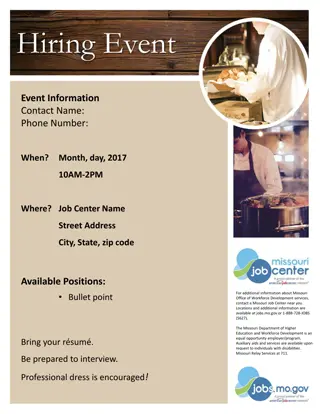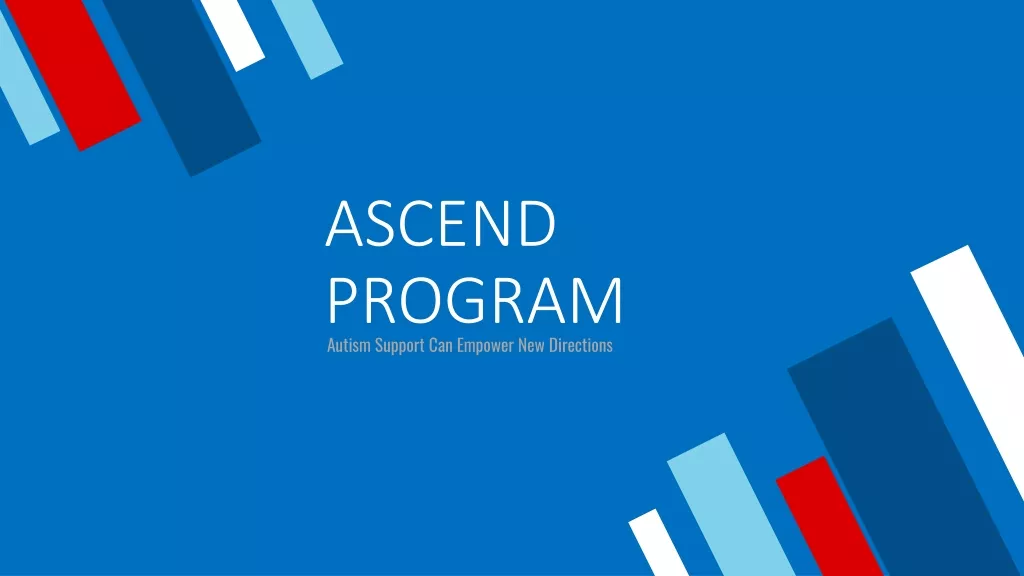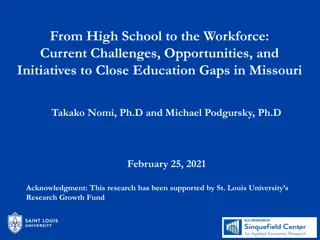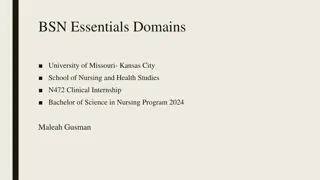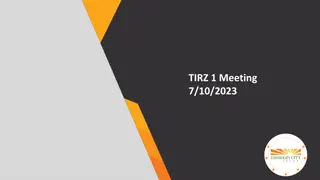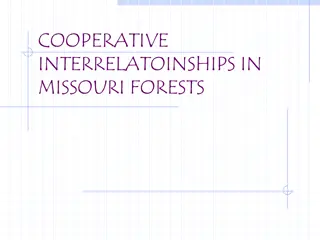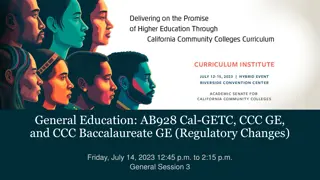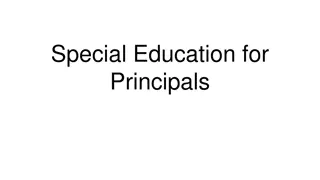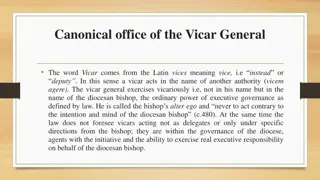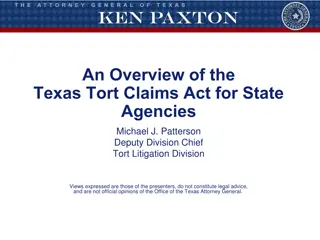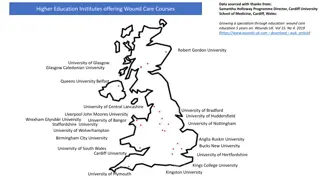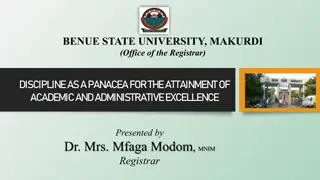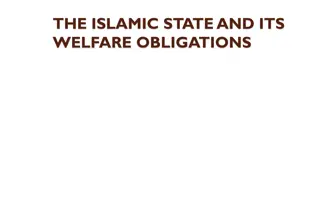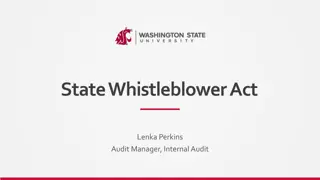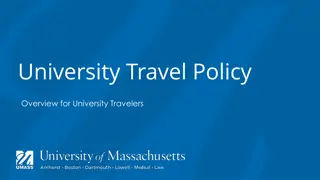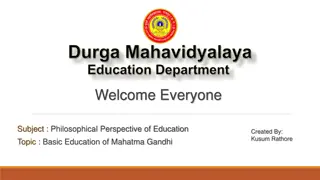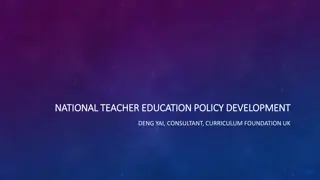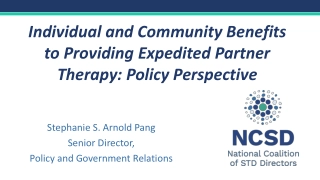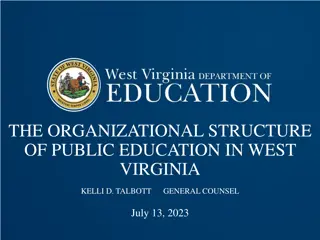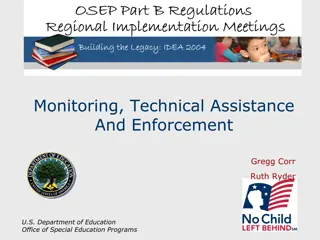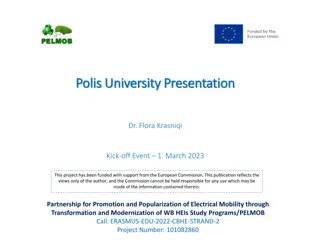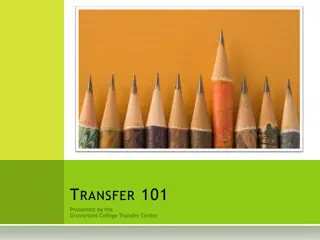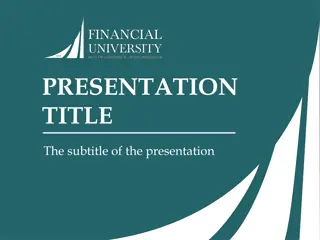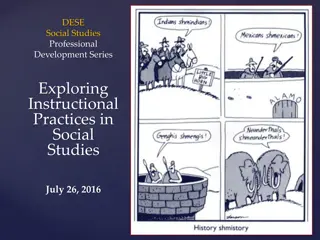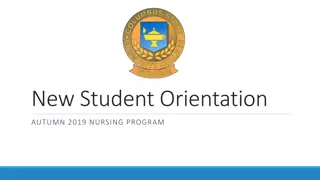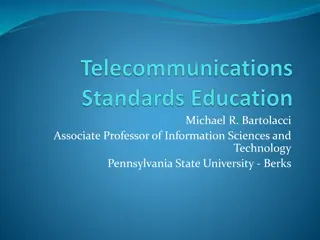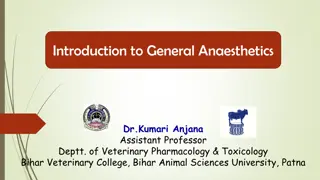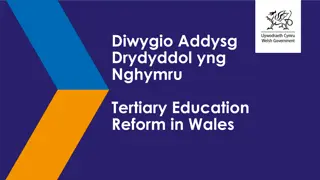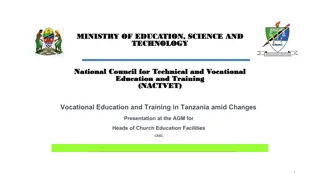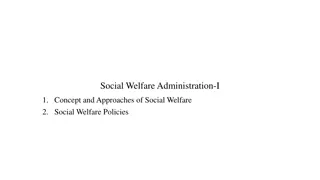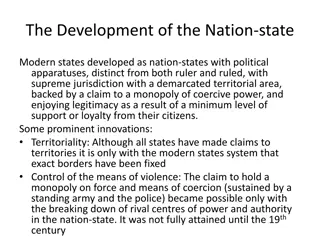Understanding General Education at Missouri State University
Explore the comprehensive general education program at Missouri State University, consisting of foundational courses, breadth of knowledge areas, and placement testing options to help you succeed in your academic journey. Gain insights into the importance of general education, its role in developing ethical leadership and cultural competence, and how it prepares you for future academic pursuits.
Download Presentation

Please find below an Image/Link to download the presentation.
The content on the website is provided AS IS for your information and personal use only. It may not be sold, licensed, or shared on other websites without obtaining consent from the author. Download presentation by click this link. If you encounter any issues during the download, it is possible that the publisher has removed the file from their server.
E N D
Presentation Transcript
Be Advised: Academic Advisement & General Education Advisor name SOAR leaders name
OVERVIEW OF MEETING Outline the general education program Discuss requirements of your major Explain the SOAR advising process Provide scheduling tips
GENERAL EDUCATION AT MISSOURI STATE
WHY GENERAL EDUCATION? Educated persons have both breadth of general knowledge and depth of knowledge in a major area.
ABOUT GENERAL EDUCATION AT MSU Consists of 45-49 credit hours Serves as the common foundation of all undergraduate degrees at Missouri State Reflects commitment to ethical leadership, cultural competence and community engagement Prepares you for success in later courses
GENERAL EDUCATION AREAS Foundations 14-16 hours First Year Foundations Writing I Public Speaking Quantitative Literacy (Math) Written Communication and Integrative and Applied Learning (Writing II)
GENERAL EDUCATION AREAS Breadth of knowledge 31-33 hours Human cultures Social and behavioral sciences Humanities The arts Natural world Life sciences Physical sciences Public affairs U.S. and Missouri Constitutions/American History and Institutions Cultural competence Public Issues
PLACEMENT TESTS Determine your level of skill in an area of study Helps place you in an appropriate course where you can learn and succeed Can choose to enroll in a course lower than your placement, but not higher
PLACEMENT OPTIONS English: ACT or SAT English sub-score Math: ACT/SAT math sub-score or departmental placement exam Spanish, French or German: online placement exam Other foreign languages: Contact department of modern and classical languages Visit: missouristate.edu/placementexams
FIRST YEAR FOUNDATIONS GEP 101 (or UHC 110 for Honors College students) Integrative and interdisciplinary class which addresses: Public affairs issues Academic success The Common Reader Campus resources Integrates service-learning (volunteering with a community organization) in select courses
PARTNERS IN EDUCATION Visit missouristate.edu/pie for details. Limited to freshmen students and their identified Partners in Education (PIE) Must sign a waiver to allow the release of academic information Partners receive: Welcome letters. Mid-semester progress report. Final grades.
WHY BECOME A PIE? The Family Educational Rights and Privacy Act (FERPA) protects the privacy of student education records FERPA rights transfer to the student upon enrollment in a college Release certain information to identified partners (only) through becoming a PIE
RESOURCES FOR CHOOSING A MAJOR Explore areas of interest your freshman year Take IDS 120: Exploring Majors and Careers Attend the Majors Fair on September 26 Schedule an appointment with an academic advisor at the Academic Advisement Center Visit with a career counselor at the Career Center Take a career interest inventory at the Career Center
SOAR ADVISING PROCESS Discuss course selections over dinner or after the evening activities Brainstorm a list of possible courses and a possible schedule Bring those ideas to your SOAR advising session tomorrow
CHANGING REGISTRATION AFTER SOAR Changes to your schedule cannot be made online once you register until the first day of class Handle any essential schedule changes through the Academic Advisement Center during the summer
SCHEDULING TIPS Most classes meet either 3 times a week for 50 minutes each or twice a week for 75 minutes each Full-time status is 12 hours; 14-16 hours is an average load
STRATEGIES FOR SUCCESS Create a balanced schedule Plan appropriate amounts of study time Pay attention to syllabi Keep work to 15 hours or less (or cut back on classes proportionally), if possible Take at least one class that you expect to be interesting or enjoyable



